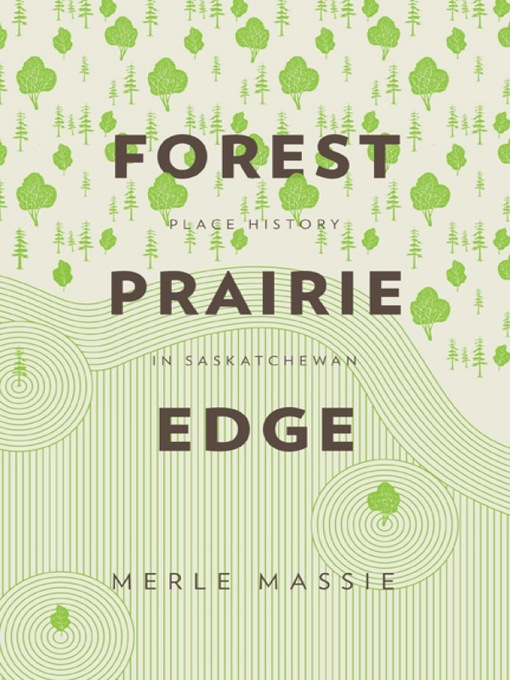- Popular ebook fiction
- Truth and Reconciliation in Canada
- MMIWG
- Mental Health
- Canadian Indigenous Voices
- February Romance 2024
- Canada Reads 2024 longlist
- Black History Month 2024
- Freedom to Read Week 2024
- February - I love to read month
- See all
-
Description
-
Details

OverDrive Read
- ISBN: 9780887554544
- Release date: April 26, 2014
EPUB ebook
- ISBN: 9780887554544
- File size: 9798 KB
- Release date: April 26, 2014
